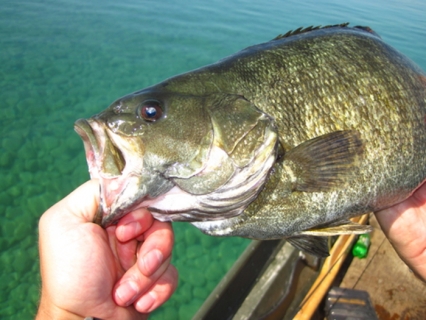The angling world is full of myths and legends, many of which have persisted for generations, despite having no basis in fact.
You have probably heard many of them and there are some that you might still believe. Here are six of those myths, dispelled as pure fantasy.
BULLHEAD STINGERS
Many anglers, kids and adults alike, believe the barbels (whiskers) on a bullhead or catfish are stingers. This is pure hogwash. The barbels on bullheads and catfish are feelers, which the fish use to better identify food and other objects as they are moving through the water.
RELATED: Catch Onto Bullheads This Summer
The basis of this myth likely stems from the sharp fins on bullheads and catfish, which can cut your hands, if you are not careful when handling the fish.
BIG BAITS CATCH BIG FISH
It is true that big baits can be a good choice when fishing for big fish. However, you do not need big baits to catch big fish.
Fish are opportunistic and will feed on the easiest food sources available. That food source may be big or small. Fish are not picky when it comes to the size of their food. Any fly angler that has seen a 25-inch trout hammer a tiny size 24 fly will attest to that.
RAIN STOPS THE BITE
An age-old myth persists that fish do not bite when it is raining. This has absolutely no truth to it. Rain does not affect the feeding patterns of fish.
RELATED: How to Make the Most of Fishing in the Rain
This myth is likely rooted in the fact that when a cold front arrives, it can alter fish feeding activity, and cold fronts can often be accompanied by rain. It may also be an excuse used by anglers who do not like fishing in the rain, to get off the water.
CATCH-AND-RELEASE
Many anglers perpetuate the myth that catch-and-release angling does not benefit fish populations. They claim the stress of hooking and fighting a fish leads to its death, so why release a fish that is not going to survive anyway.
This is a myth spread by those who do not like catch-and-release regulations. Many fisheries studies show that fish have been caught multiple times, sometimes more than a dozen times, in catch-and-release areas.
WIND FROM THE EAST
The old saying, passed down through generations, states: when the wind is from the west, the fish bite best, and when the wind is from the east, the fish bite least. This is another myth that is completely false. Wind direction does not affect feeding activity. However, warm and cold fronts do affect fish activity and are sometimes associated with a change in wind direction.
SHORT MEMORIES
There is a well-circulated myth that fish have five-second memories, so they do not remember baits they may have encountered in the past. This is certainly false.
Many studies have shown that fish have long-term memories. They may get caught on the same bait more than once, but that does not mean their memory is short.
Photo credit: Wikimedia
Fish gallery
-
Fishing Files
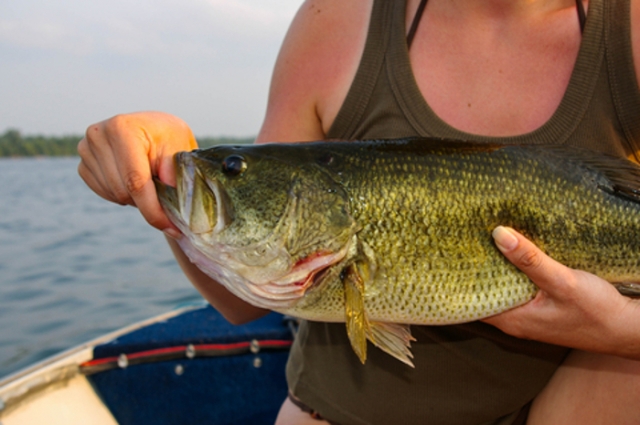
-
Striped Bass
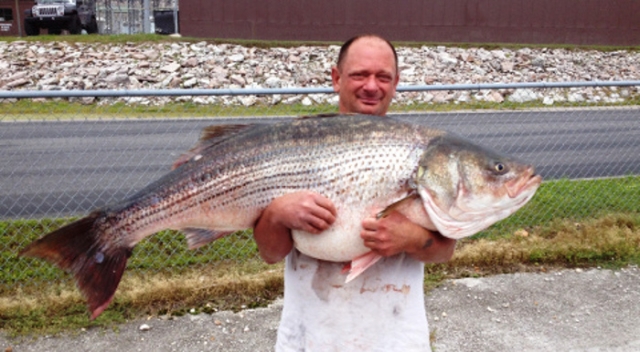
-
Fishing Files
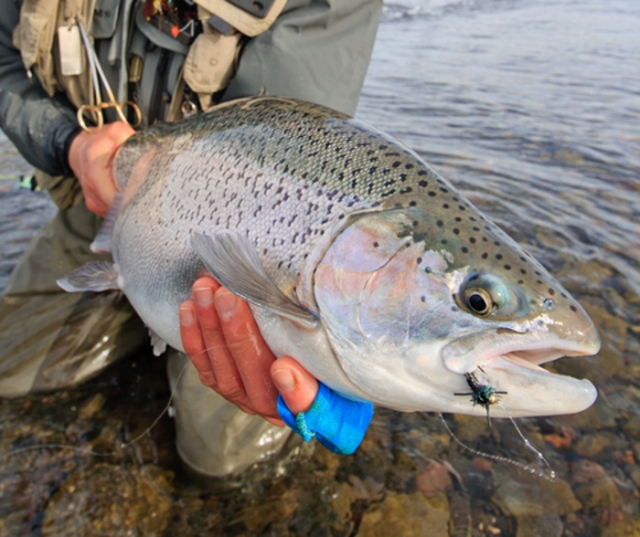
-
Smallmouth Bass
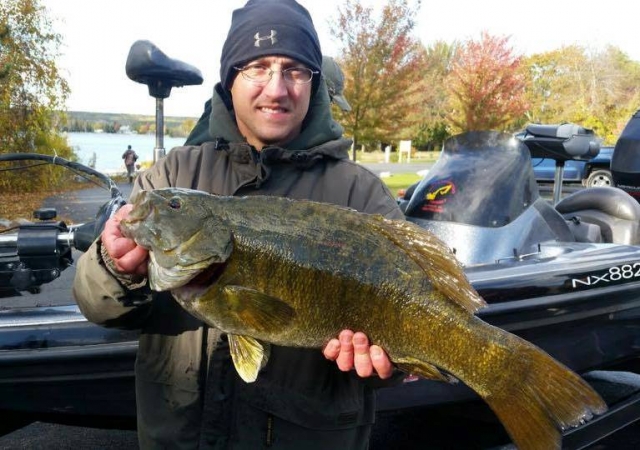
-
Fishing Files
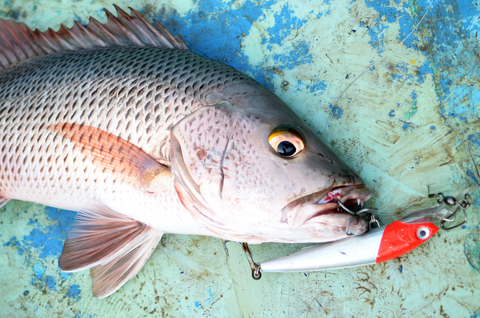
-
Fishing Files
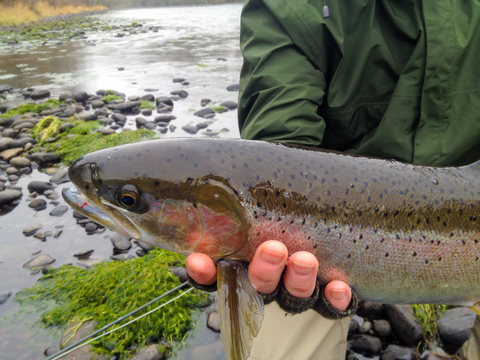
-
Largemouth Bass
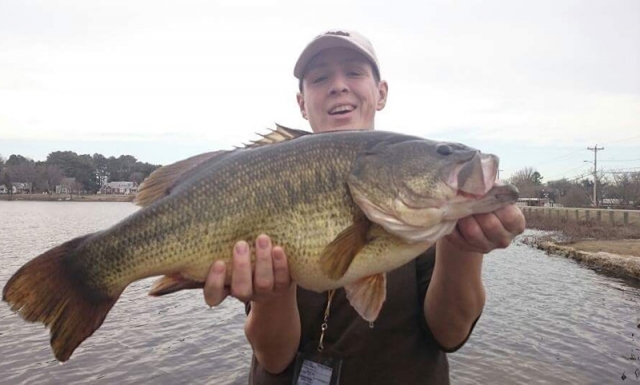
-
Fish fail in Russia
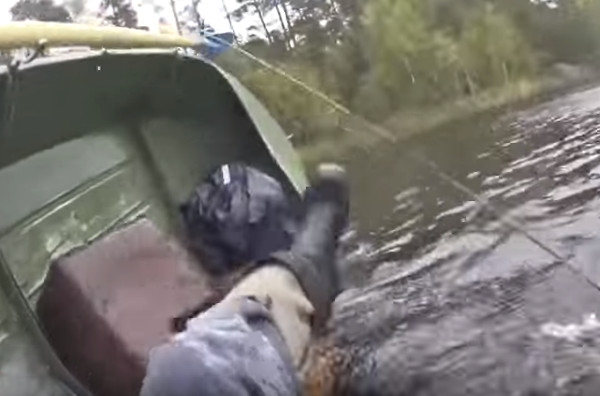
-
Bait fish
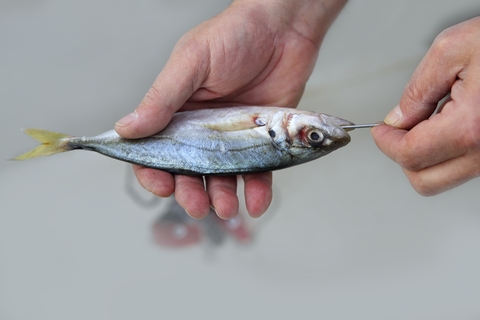
-
Fishing the weeds
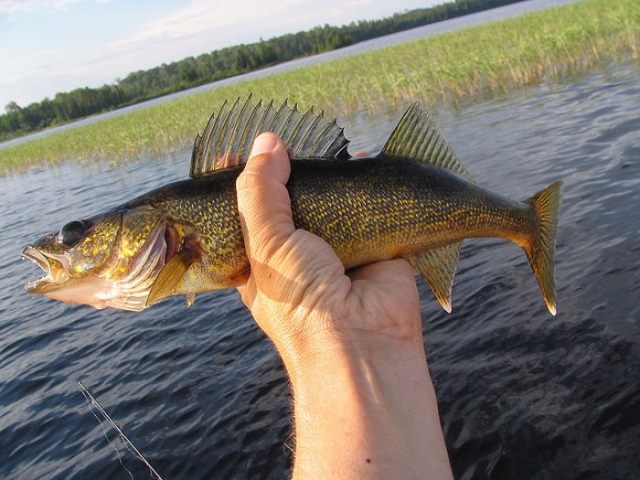
-
Fishing Waders
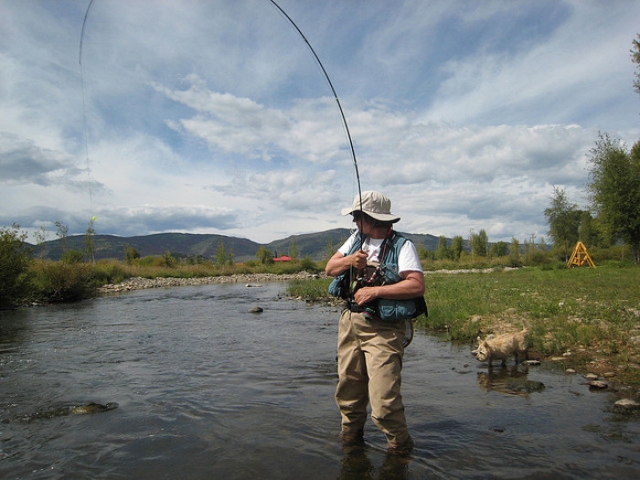
-
Old Man Fishing
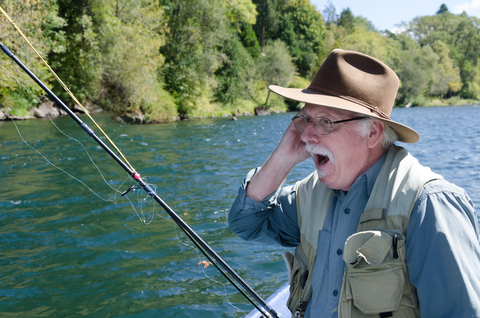
-
Fishing

-
City Fishing
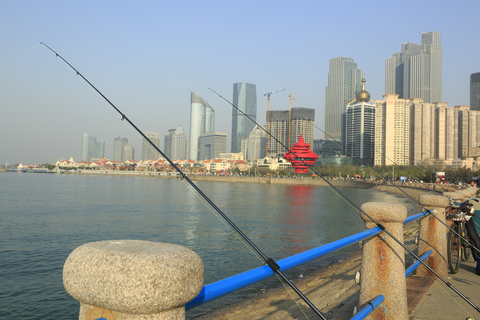
-
Fishing the cold
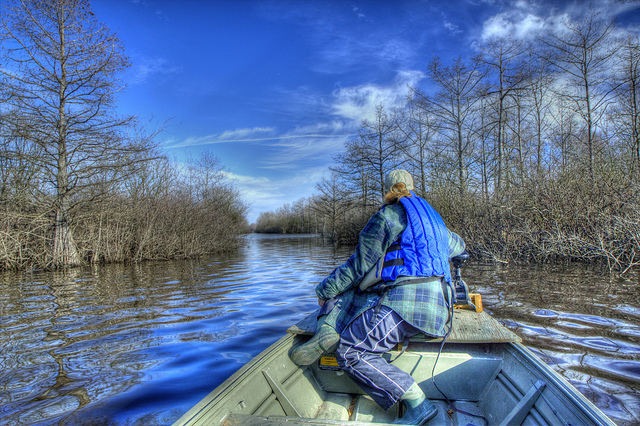
-
Fishing sunset

-
Bank fishing
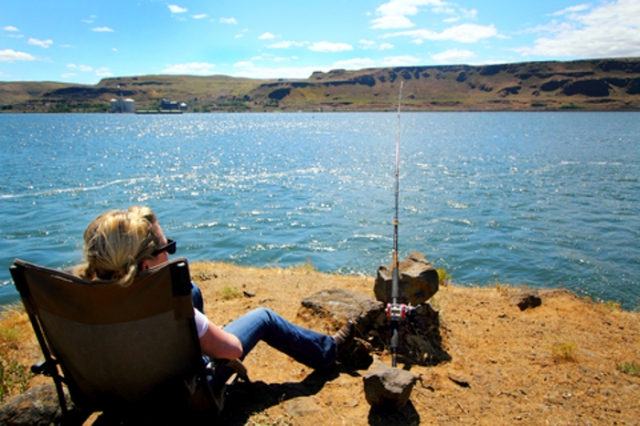
-
Day glow fishing boat
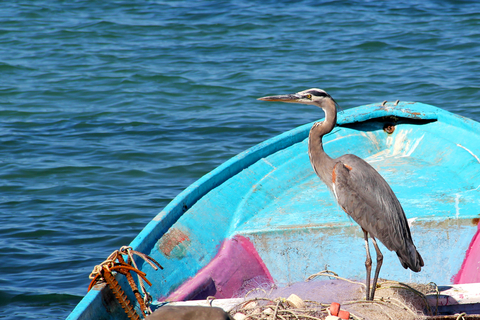
-
Fishing Pro
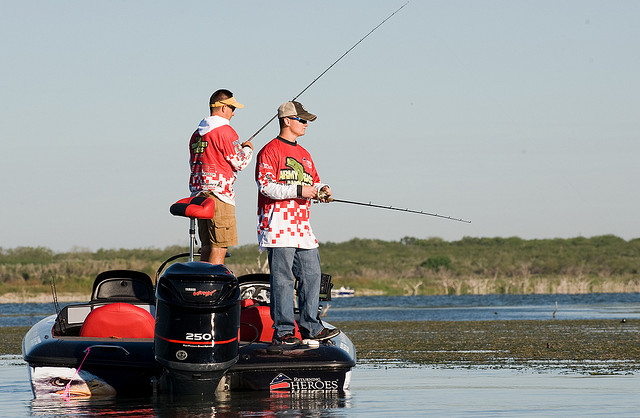
-
Fishing
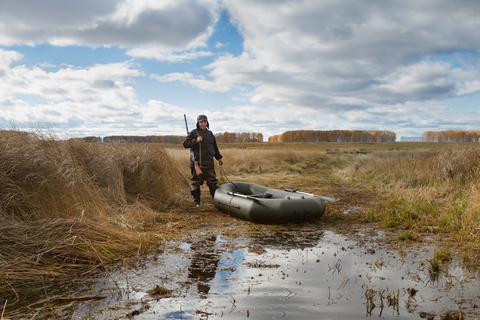
-
Fly fishing
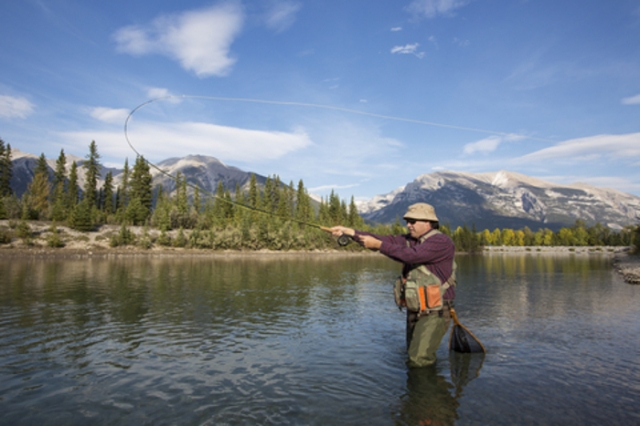
-
Fishing Files
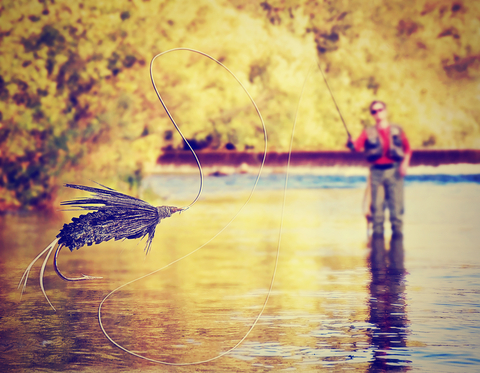
-
Fishing Files
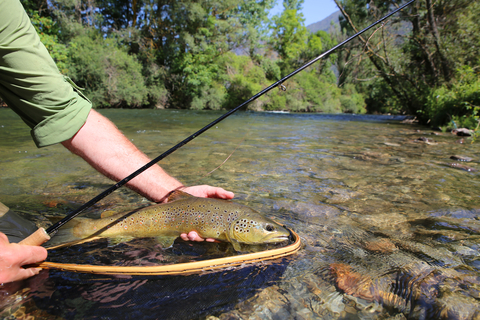
-
Fly reel
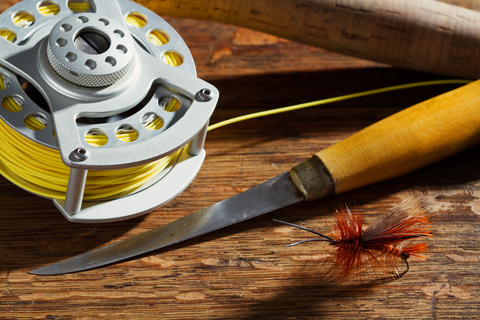
-
Gar Fish

-
Golden Trout

-
Ice Auger

-
Ice Fishing
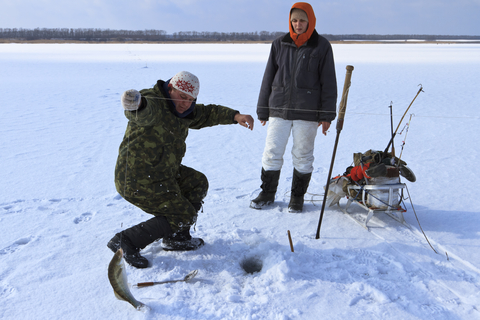
-
Halibut
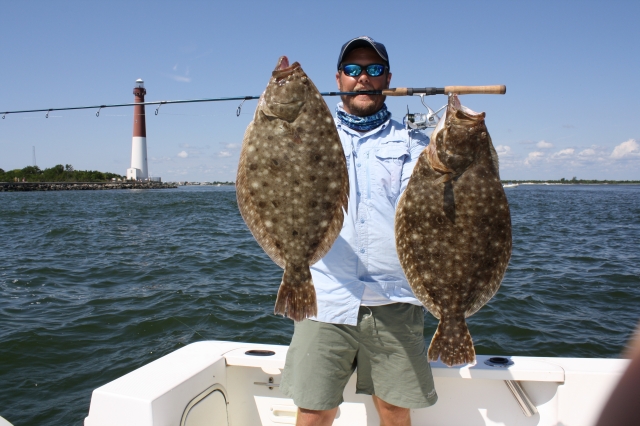
-
Bass Fish
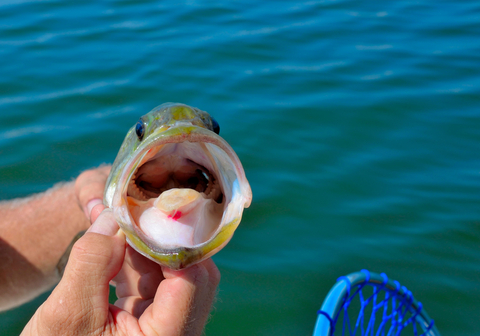
-
Lobster Dog
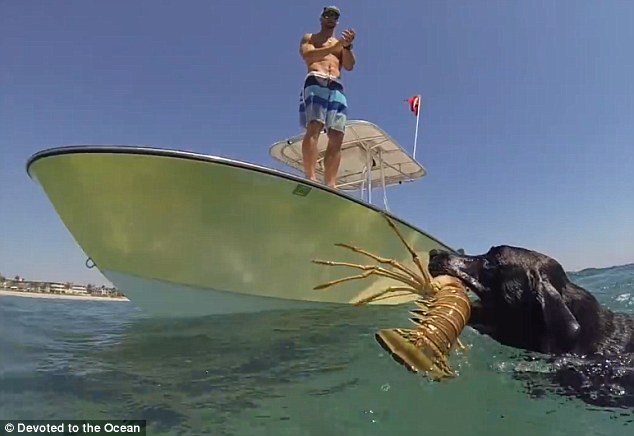
-
Marlin Fishing
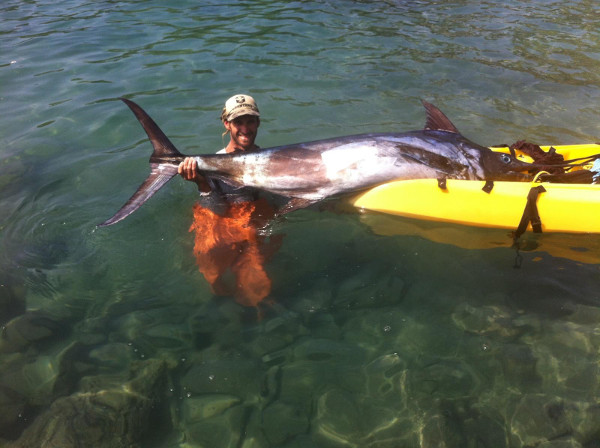
-
Muskie
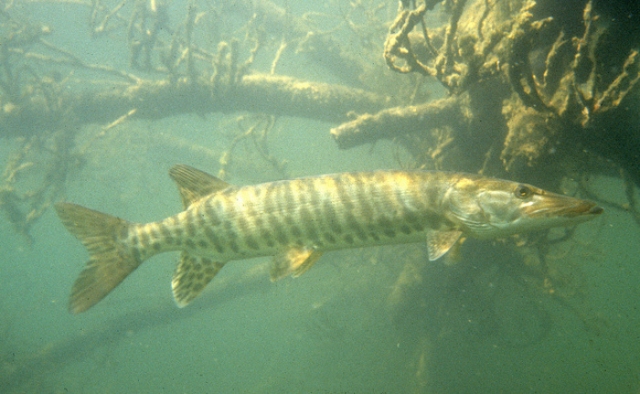
-
Fishing Files
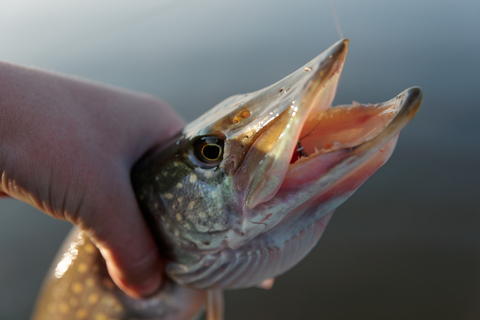
-
Nymph
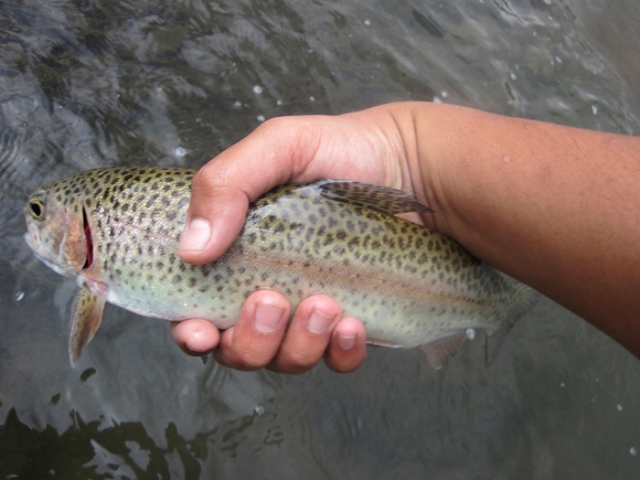
-
Oarfish
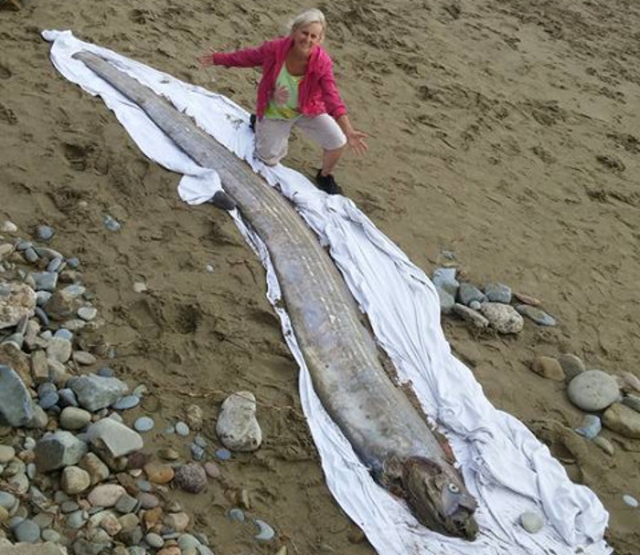
-
Obama Fishing

-
Panfish
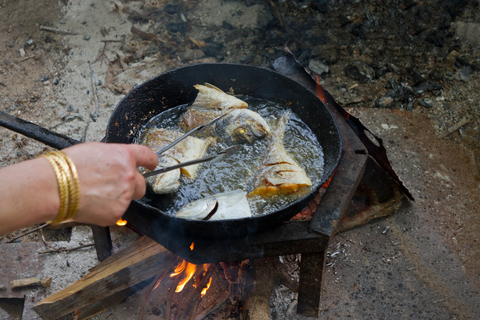
-
Pelican

-
Fishing Files
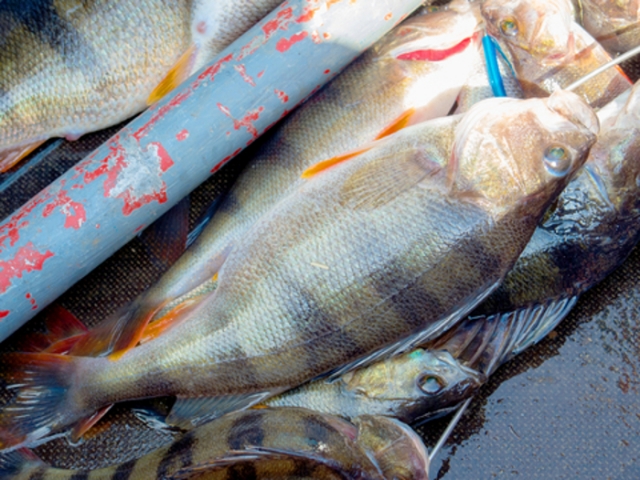
-
Fishing Files
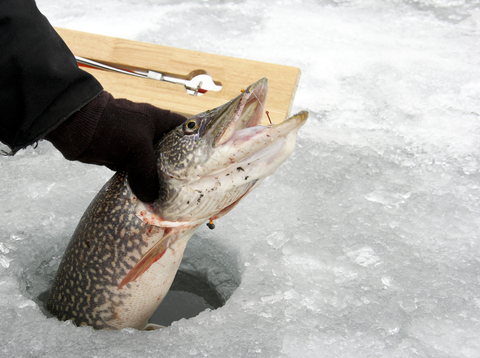
-
Fishing Files
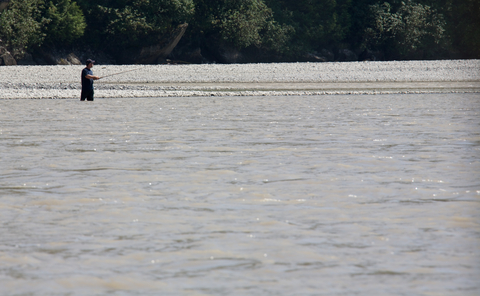
-
Fishing Files
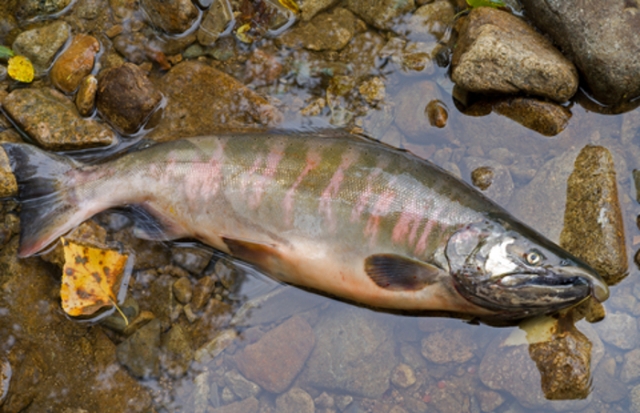
-
Fishing Files
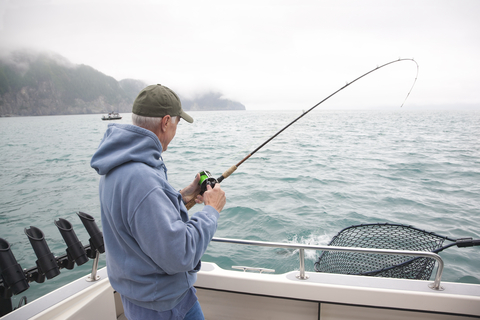
-
Fishing Files
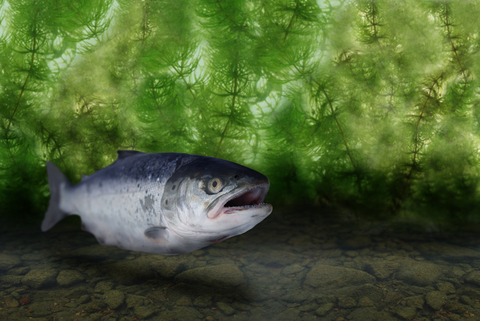
-
Fishing Files
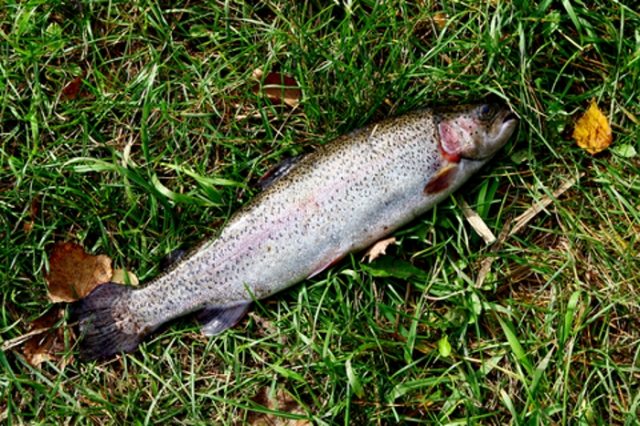
-
Fishing Files
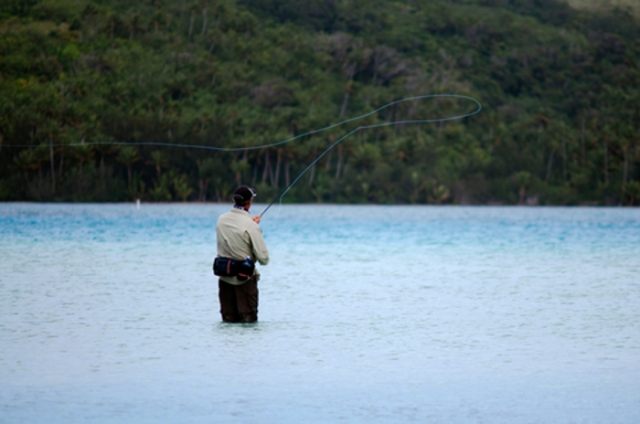
-
Fishing Files
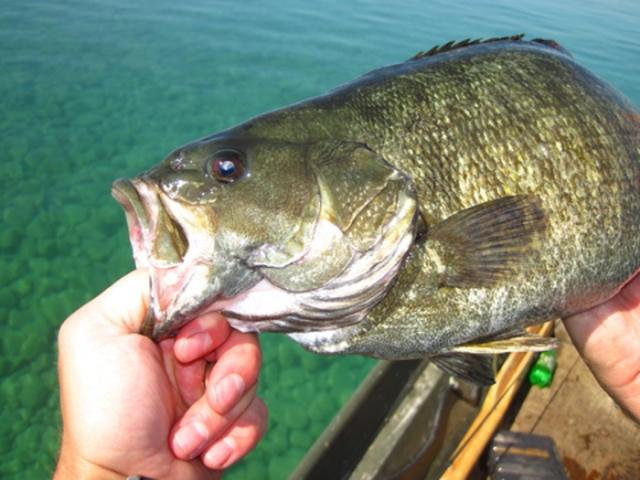
-
Snakehead
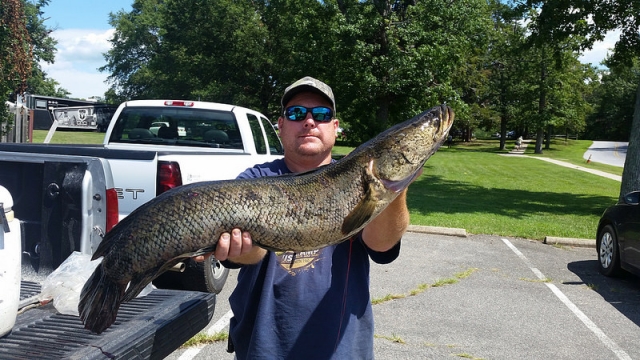
-
Spinner Shark
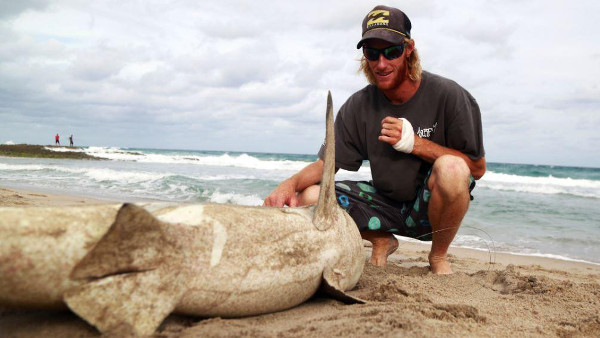
-
Spotted Bass
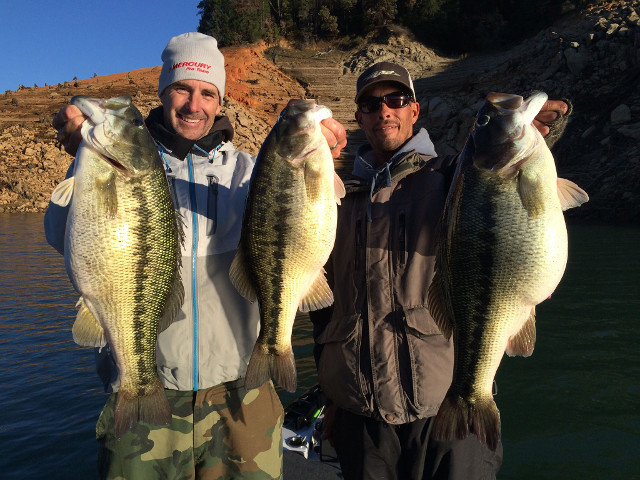
-
Striped Bass
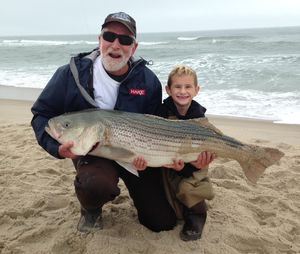
-
Sturgeon

-
Fishing Files
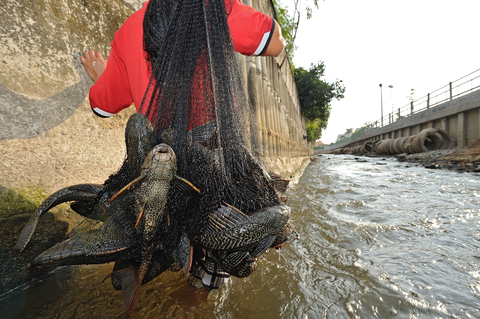
-
Trout Fishing
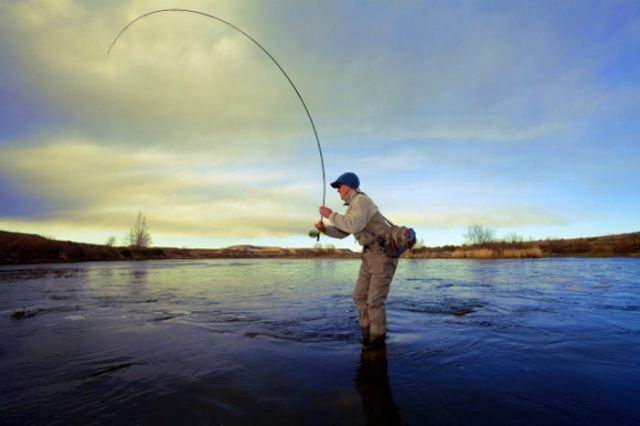
-
Fishing Files
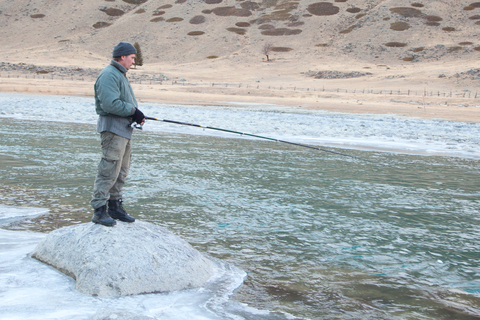
-
Fishing Files
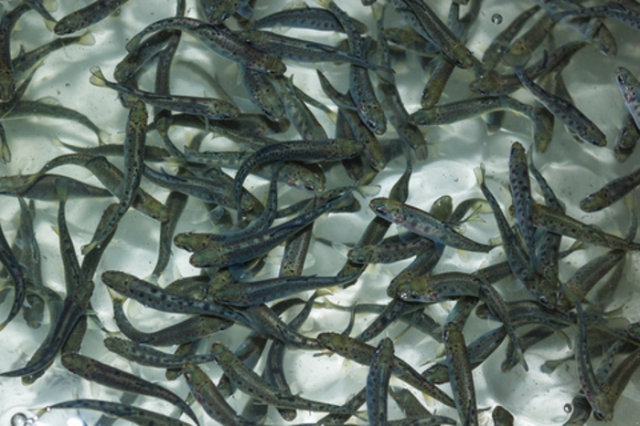
-
Fishing Files

-
Fishing Files
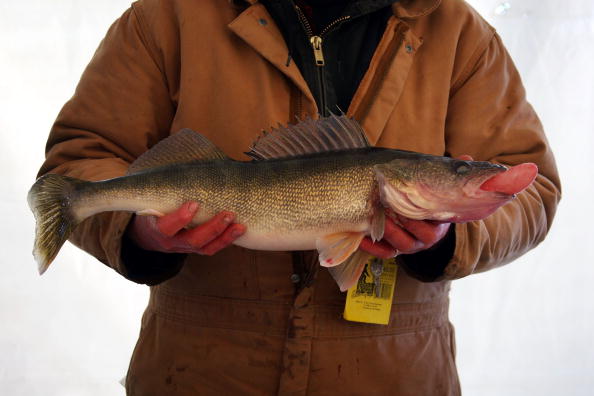
-
Northern Pike
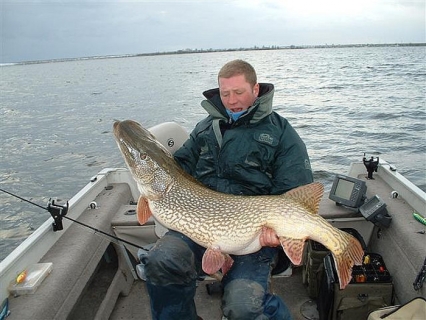
-
School of Karanteen
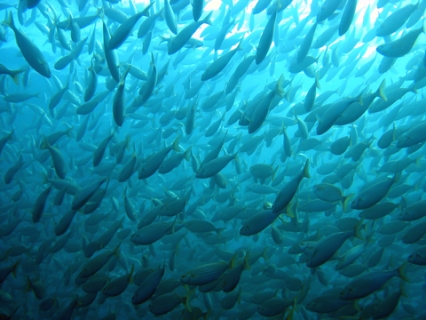
-
Walleye
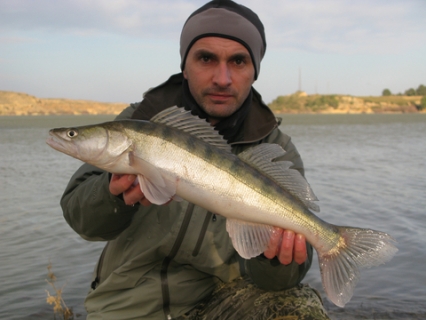
-
Goliath Grouper
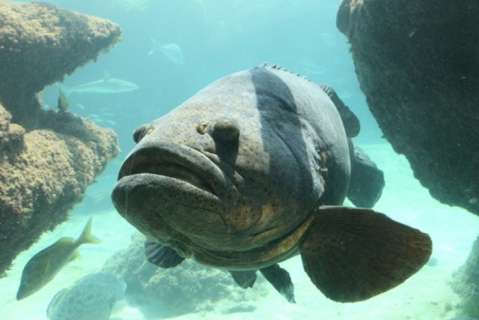
-
Barracuda
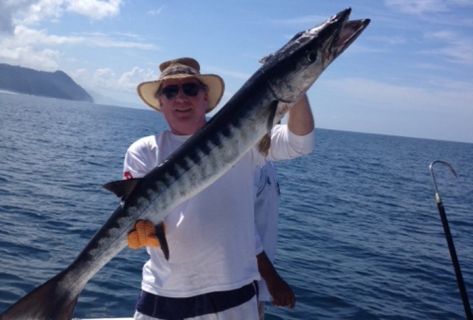
-
European Chub
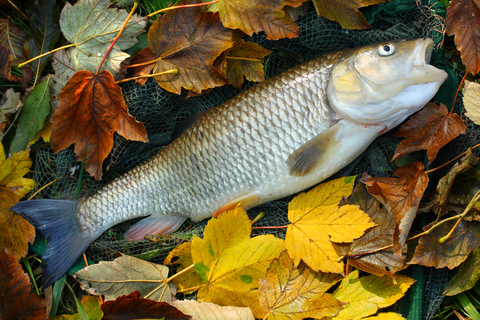
-
Drum Fish
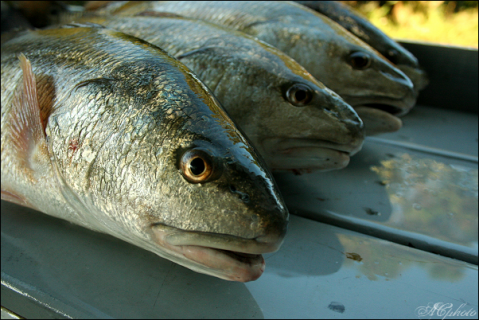
-
Grouper
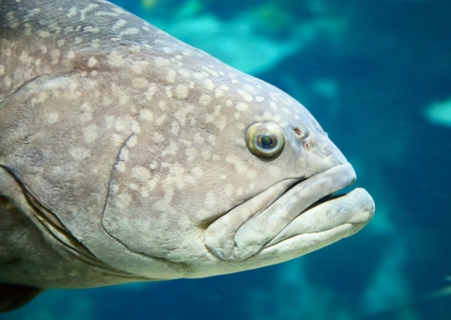
-
Blue Catfish

-
Catfish
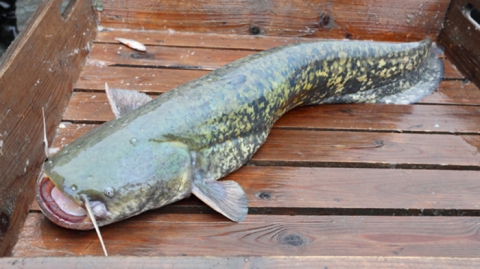
-
Star Puffer Fish
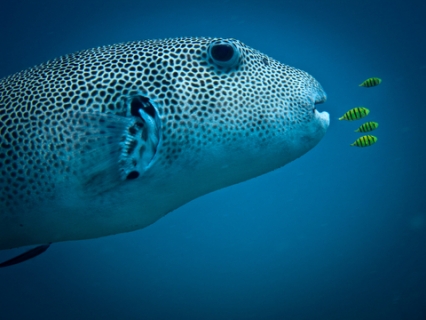
-
Napoleon Fish
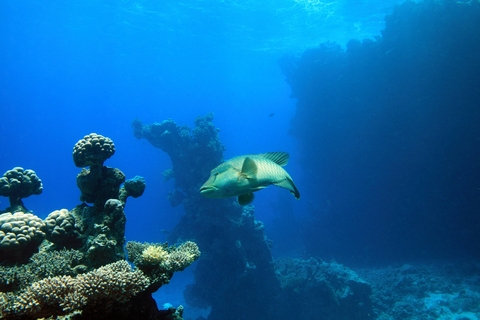
-
Smoked Trout
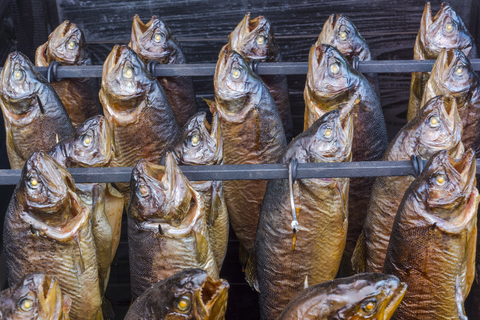
-
Perch
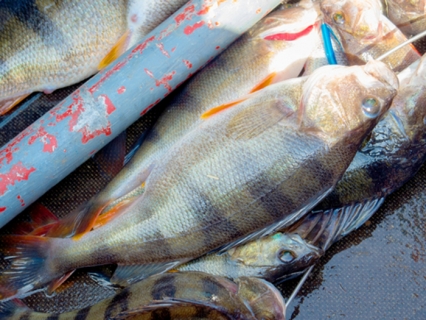
-
Smallmouth Bass
